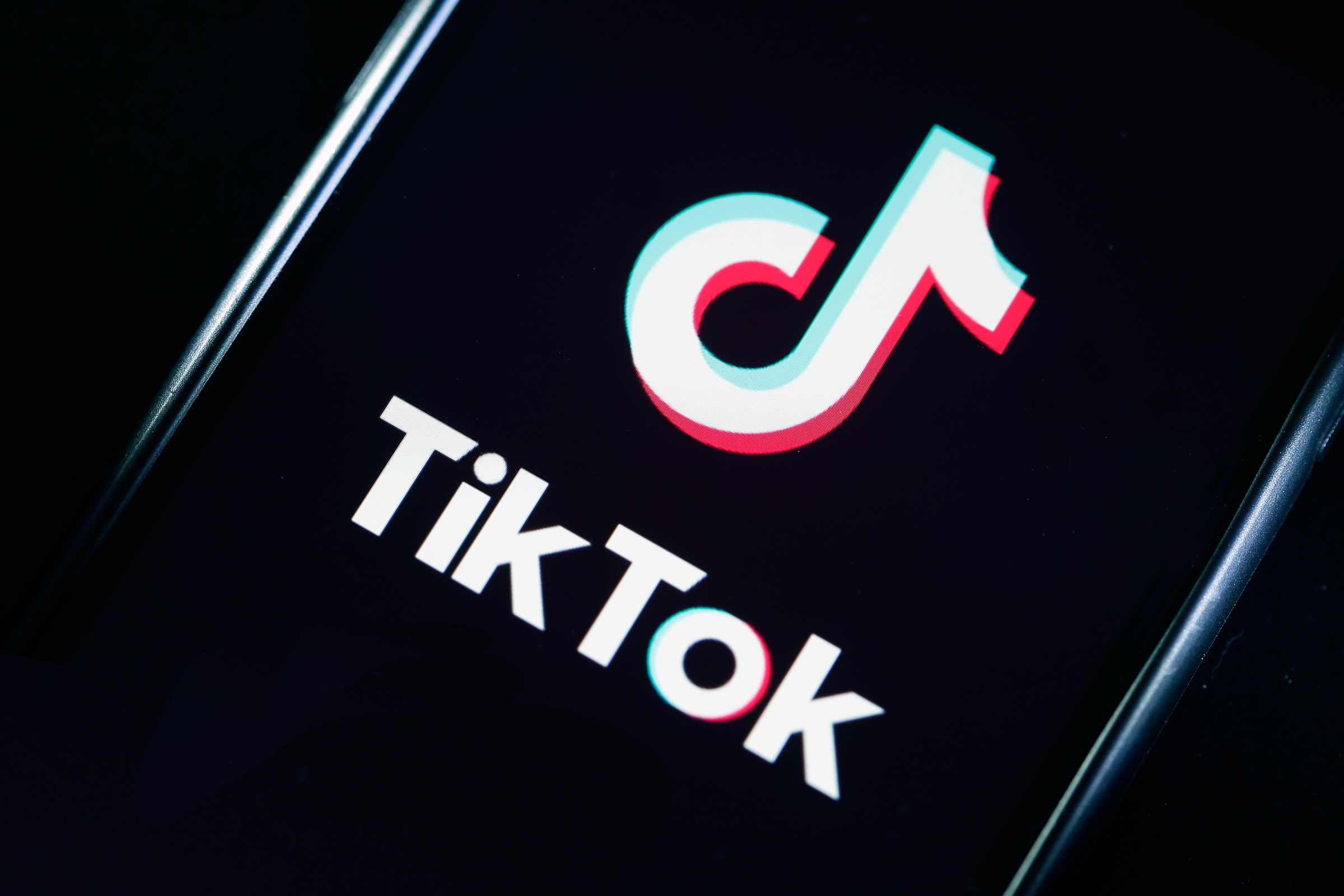House Democrats Frame TikTok Issues as Part of Industrywide Problem
Amid ban threats, letter to CEO suggests steps that could ameliorate concerns

The smarter way to stay on top of the multichannel video marketplace. Sign up below.
You are now subscribed
Your newsletter sign-up was successful
Democrats on the House Energy & Commerce Committee have a lot of unanswered questions about embattled short-form video site TikTok that they want the company to clear up, but they have also given the social media outlet some input on how it might save itself amid calls for an outright ban.
TikTok has been promoting its pro-social uses — helping diverse small businesspeople and veterans — in high-profile ads in the Washington, D.C., market as it attempts to avoid such a ban.
While TikTok CEO Shou Chew was grilled by those Democrats at a hearing last month, ranking member Rep. Frank Pallone Jr. (D-N.J.) and his colleagues signaled in a letter to Chew that many of their questions remained unanswered.
The letter does not attempt to cull TikTok from the social-media herd, but instead makes it part of a larger problem and, at the same time, provides some guidance on how TikTok might avoid the absolute ban some have called for.
Pallone said that the hearing had reinforced Americans’ fears about social media platforms in general, “including TikTok,” Rather than suggesting TikTok was an outlier, the letter says TikTok “embodies” their broader concerns about online privacy abuses.
“Across the industry, platforms have leveraged this highly unregulated market to
aggregate troves of data on hundreds of millions of citizens,” Pallone said,
The smarter way to stay on top of the multichannel video marketplace. Sign up below.
Pallone used the letter to plug a bill, the American Data Privacy and Protection Act, that would apply to all those platforms.
The letter asks for a lot of data from TikTok, including revenue forecasts, targeted advertising projections, content moderation strategies and information about algorithms. It also givens Shou an opportunity to make commitments related to continued operation in the United States.
For example, there are quite a number of “will they” questions, including:
- “Will TikTok commit to ending the collection of data related to its users’ health absent their affirmative consent?”
- “Will TikTok commit to stop utilizing data related to its users’ health from third parties for targeting advertisements or for any other purpose?”
- “Will TikTok commit to not selling American user data to third parties, including subsidiaries or parent companies, in the future?”
- “Will TikTok commit to ending targeted marketing to users under the age of 18?”
- “Will TikTok commit to fixing a loophole that allows underage users to delete their accounts and set up a new one with a false, older age with the same email address?”
- “Will TikTok commit to developing methods for parents to monitor their child’s use of the app that does not require them to download the app?”
- “Will TikTok commit to creating an option that would allow parents to set their own screen limits for their kids?”
- “Will TikTok commit to extending the same protections given to children in the U.K., under its age-appropriate design code, to American children?”
- “Will TikTok commit to expanding access to its Application Programming Interface so that researchers can investigate how your algorithm is pushing content to users on their For You pages, the hashtag page, or anywhere else on the platform?”
Those are obviously a lot of asks, but the more “yes” answers the company can supply, it would appear, the more likely it would be to get support from Democrats for continuing operations in the U.S.
There have been bills introduced to restrict or ban TikTok beyond the current ban on use of the app on government phones. Expanding that legislation to target the wider echosystem is one way TikTok supporters could table those efforts, since bans on Facebook and Twitter would be nonstarters.
There is hardly consensus on what to do about TikTok. Despite those government concerns, the Biden White House has reached out to influencers on TikTok and other social media to try to reach young people.
Contributing editor John Eggerton has been an editor and/or writer on media regulation, legislation and policy for over four decades, including covering the FCC, FTC, Congress, the major media trade associations, and the federal courts. In addition to Multichannel News and Broadcasting + Cable, his work has appeared in Radio World, TV Technology, TV Fax, This Week in Consumer Electronics, Variety and the Encyclopedia Britannica.

